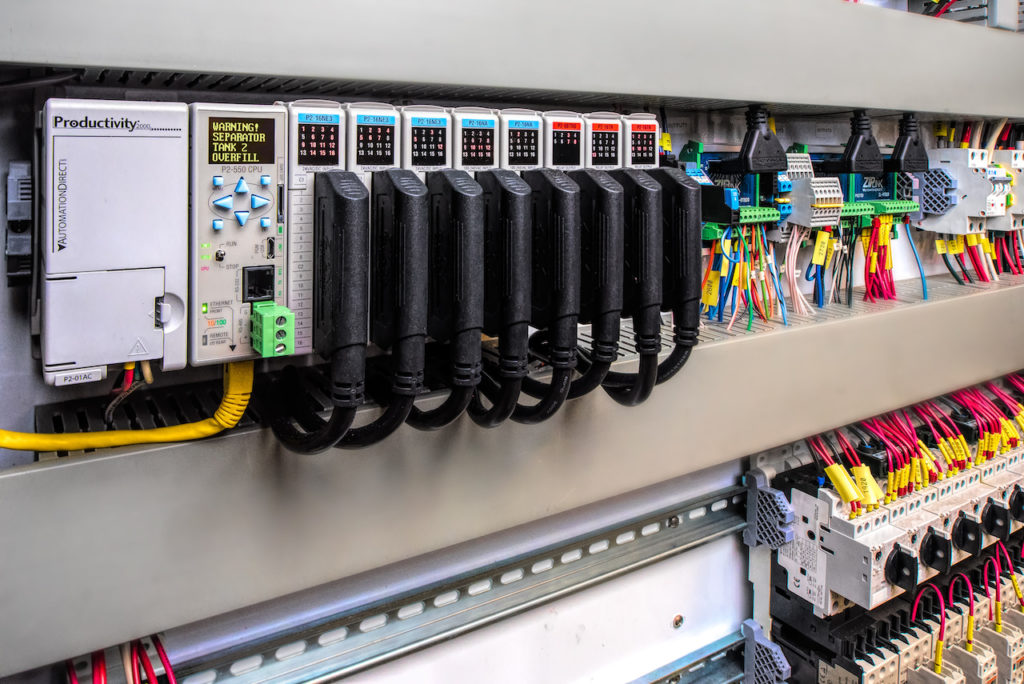Course Details
Your Growth, Our Mission

Course Description
The Training Course Will Highlight ?
Training Objective
Target Audience
This course is designed for personnel with a need to understand the techniques required to use and apply modern industrial communications and telecommunications technology as productively and economically as possible. This includes electrical, control and instrumentation, SCADA and telemetry systems, process control engineers and supervisors, engineering managers, network administrators, field technical support staff and project management staff.
Training Methods
This interactive Training will be highly interactive, with opportunities to advance your opinions and ideas and will include;
- Lectures
- Workshop & Work Presentation
- Case Studies and Practical Exercise
- Videos and General Discussions
Daily Agenda
Introduction
- What is Data Communications
Definitions , Basic Principles and Coding
- Background to Data Communications
- Sources , Receivers and the Communications Interface
- Transmission Modes – Simplex and Duplex
- Bits , Bytes and Characters
- Parallel and Serial Communications
- Analog and Digital Signals
- The Coding of Messages – The ASCII Code
- Data Transmission Speeds
- The Format of Messages
- Introduction to Error Detection and Correction (EDAC)
Data Communications Standards
- Null Modems
- Modem Control & Handshaking
- Trouble Shooting on RS-232
- EIA-RS-423 Interface Standard
- EIA-RS-422 Interface Standard
- EIA-RS-485 Interface Standard
- Comparison of EIA Interface Standards
- Interface Converters
- Current Loop Interface
- Introduction to Networks
- Testing Equipment (Breakout Box , Line Analyser)
- Protocol Analyser Practical
Selection and Installation of Copper Data Cables
- Cables with Copper Conductors
- Interference and Noise (IEEE-518)
- Cable Selection and Installation Recommendations
Modems and Interface Converters
- Concept of a modem
- Various Modulation Techniques
- Smart Modems
OSI-Open Systems Interconnection
- Modern Factory Automation & Process Control Systems
- OSI Reference Model and Standards
- Individual Layers
- Illustrative Example of OSI
Local Area Networks
- LAN History
- LAN Topologies
- LAN Media Access Control techniques
- LAN Standards
- Protocols: TCP/IP
- LAN Extension and Interconnection (Bridging, Switching, Routing)
- Physical Issues
- CSMA/CD Bus (Ethernet Standard)
- Industrial Ethernet
- Wireless local Area networking: IEEE 802.11
Proprietary Protocols
- The Concept of a Protocol
- Protocol Design
- Data Processing Protocols
- Allen Bradley Data Highway Plus Protocol
Proprietary Protocols (cont´d)
- Modbus history and evolution
- Modbus concepts and message structure
- Modbus Plus
- Modubs TCP/IP
- Modbus interfacing
Selection of Standards and Protocols
Smart Instrument Systems
- Digital vs. Analog Data Transmission
- Cabling
- Remote diagnostics and calibration
- HART
Fieldbus Protocols
- Actuator Sensor Interface (ASI)
- CANBus
- DeviceNet
- InterBus
Fieldbus Protocols (cont’d)
- Profibus DP
- Profibus PA
- Foundation Fieldbus
SCADA
- SCADA system
- Control centres
- Remote Terminal Units
- Communication
- SCADA advantages
- Typical SCADA applications
Conclusion
- Pulling all the Strands Together
Accreditation
BTS attendance certificate will be issued to all attendees completing minimum of 80% of the total course duration
Quick Enquiry
Request Info
Related Courses
Your Growth, Our Mission

